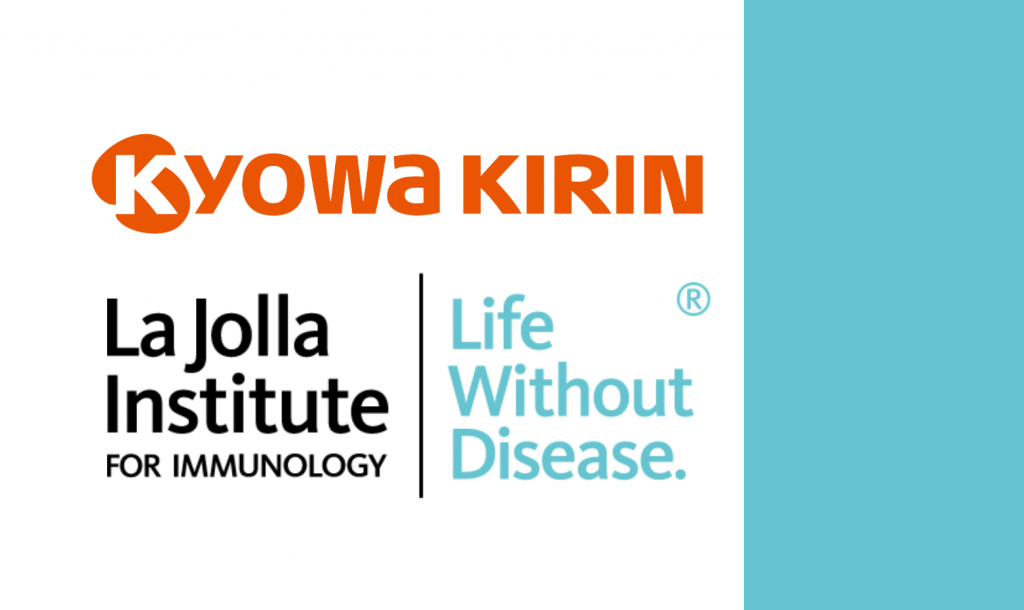LA JOLLA—A record number of scientists at La Jolla Institute for Immunology (LJI) have been named “Highly Cited Researchers” by Clarivate. This recognition goes to researchers whose peer-reviewed papers have been cited most often by their scientific colleagues.
This year, Clarivate named LJI Professors Shane Crotty, Ph.D., Klaus Ley, M.D., Bjoern Peters, Ph.D., Anjana Rao, Ph.D., and Alessandro Sette, Dr.Biol.Sci., and LJI Associate Scientist John Sidney, as scientists whose papers have ranked in the top 1% of citations for their field of study between 2010 and 2020.
“The main product of scientific labs is knowledge, but how do you measure that?” says Crotty. “This ranking is a real validation of the hard work that people in the lab put in.”
“Citations are the best compliment you can get from your scientific peers,” says Peters. “We cite each other’s work to give credit and build on it.”
The range of research at LJI
Immune system research is key for understanding nearly any disease. “That LJI has people recognized in very different branches, speaks to the excellence of the science at LJI and the diversity of the scientific problems tackled here,” says Sette.
Ley, for example, focuses on atherosclerosis and how it is shaped by both innate and adaptive immune cells. His ultimate goal is to build a tolerogenic vaccine that can prevent and limit atherosclerosis.
“We are making tremendous inroads in understanding the immune response in atherosclerosis,” says Ley.
Meanwhile, Peters and Sette have developed crucial bioinformatics tools for research into infectious diseases, cancers and more. The team co-leads the Immune Epitope Database (IEDB), a curated database and collection of tools for scientists studying immune responses to infectious diseases and allergens.
“Our work has always been geared toward responding to an emerging infectious disease,” says Peters. “This work has been cited in the last year, but we prepared these resources with something like the SARS-CoV-2 pandemic in mind—before it happened.”
Sidney says his spot on the Highly Cited list emphasizes the importance of scientific collaborations. He is noted for his expertise on cell surface proteins important for immunity, called MHC molecules, and the system that encodes these molecules, called the HLA system in humans. Sidney studies MHC-peptide binding to predict how the immune system will respond to disease. He has worked closely with Sette since 1988, and his collaborations across LJI include work with the Ley, Crotty and Peters labs, and several others, to expand our understanding of diseases such as HIV, HPV, Parkinson’s, hepatitis C, cancer and heart disease.
LJI’s rapid response to COVID-19
Peters, Sette, Crotty and Rao have earned the “Highly Cited” ranking before, but this is the first year that the rankings take into account studies published during the COVID-19 pandemic.
Sette and Crotty were among the first researchers to study how the human immune system responds to the SARS-Cov-2 virus. Their findings, with Peters and Sidney, gave the world the first in-depth look at how T cells target the virus—and how vaccines might trigger a similar response.
Crotty and Sette published a series of critical studies through 2020, including a well-cited Cell study showing that T cells targeting common cold coronaviruses can also target SARS-CoV-2. The researchers have also been referred to twice by NIAID Director Anthony Fauci, M.D., and highlighted in an FDA meeting on the importance of COVID-19 booster shots.
“Of course we hope any work we do is highly cited,” says Sette. “And we have to share credit with the LJI Flow Cytometry Core and Clinical Core facilities.”
Crotty is proud of these accomplishments—and the fact that his lab was able to keep other critical studies going at the same time. “Our HIV vaccine research is going really well,” he says.
More work to be done
Going forward, LJI’s “Highly Cited” researchers aim to lead a range of fundamental studies, translational research and new collaborations.
A patent was recently granted for a series of peptides, discovered by Ley, that could be used in future atherosclerosis diagnostics and therapeutics. Sette and Crotty are hard at work leading research into immune responses to the SARS-CoV-2 vaccine and booster shots.
“We plan to continue to work on the comparisons of different COVID-19 vaccines and study breakthrough infections,” says Sette.
At the same time, Crotty’s lab is tackling big questions in HIV vaccine design—and the very fundamentals of vaccine design. Sidney and Sette are continuing their work together through research on diseases such as tuberculosis and Chikungunya virus. Sette is also investigating Parkinson’s disease and the duration of immunity following other vaccines, such as the pertussis vaccine.
Meanwhile, Sette and Peters are working to launch the Cancer Epitope Database and Analysis Resource (CEDAR), which will provide key immune system data to cancer researchers around the world, opening the door to better cancer immunotherapies and more.
###





